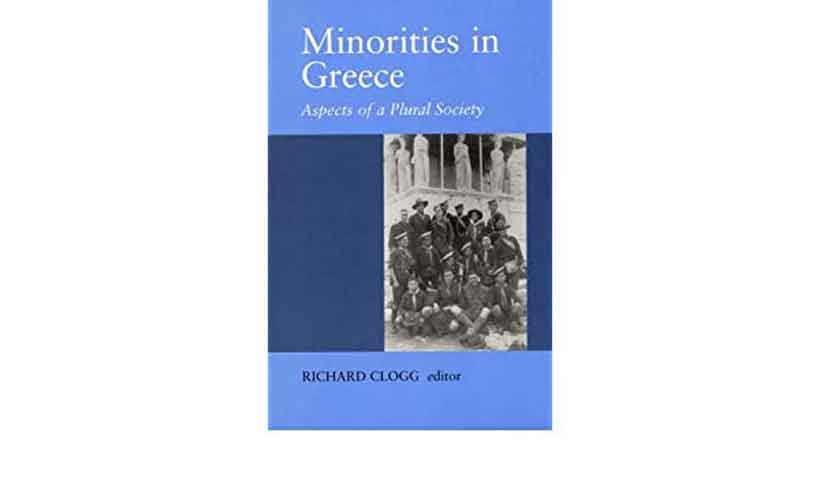Greek study 1925: Macedonians make up the absolute majority in the Lerin region
In our article "When the Anatolian Greeks came to Macedonia" we had already shown some evidence that Aegean Macedonia (after the division in 1913) was by no means home to a majority of "Greek population". From Richard Clogg's work "Minorities in Greece: Aspects of a Plural Society", we cite another evidence today.
But first brief information about the author:
Who is Richard Clogg?
Richard Clogg, born in Rochdale, England, in 1939, is a British historian and neo-Greekist.
He studied history at the University of Edinburgh, where he received his Masters in 1963. Since 1969 he has taught modern Greek history at King’s College London, first as a lecturer, then as a reader, and finally from 1988 to 1995 as professor for the history of the Balkans. Since 1995 he has been a Senior Research Fellow and Board Member at St Antony’s College, Oxford University.
The 'Makedones' made up the majority of the population in the Lerin region
In his work Minorities in Greece: Aspects of a Plural Society, Clogg reports on a study by the Greek chief of staff Salvanos from 1925. The study was thus carried out two years after the treaty on population exchange between Turkey and Greece.
And with this study Salvanos wanted to (examine) possibilities to settle refugees in the Lerin region (greek: Florina). To do this, he examined the ethnic composition of the villages in the Lerin region. The Greek army chief came to the conclusion: Greeks are in the absolute minority, and there was a part of the Slavophone population who saw themselves as part of that.
According to the study, the absolute majority of the population made up those whom Salvanos referred to as "Makedones". According to Salvano's study, Macedonians made up between half and three quarters of the population of any village in the Lerin region!
Later, the Greek state settled most of the refugees all over Aegean Macedonia and distorted the ethnic makeup of Macedonia. Under and from the fascist Metaxas regime onwards, the Macedonians suffered terrible reprisals: their language was banned, place names were graecised, as were personal names ... with the result that today 100 years later "Macedonia was made Greek".
Quote of the passage:
The same year (1925), Salvanos, Chief of Staff of the Tenth Army Division od Western Macedonia, wrote a dtudy on the "ethnological composition" of the Florina area and the possibilities for resettling refugees there. In it, he recognized that only a minority of the region's population had a pure Greek consciousness which hab been strengthened through Greek propaganda during the Macedonian Struggle. Salvanos boted that the Slavophone population was divided among thos with fanatical Greek sentiments (Ellinophrones), fanatic Bulgarian sentiments (Voulgarophrones), and those who were indifferent to nationality, being concerned only with maintaining their lives and livelihoods. The latter, he maintained, call themselves "Macedonians" (Makedones), and constituted the bulk of the region's population (making up between one-half and three-quarters of any given village's population). The Bulgarian fanatics usually constituted one-quarter to one-half of a village's population, but sometimes made up entire villages. The Greek fanatics, on the other hand, were widely but thinly dispersed throughout the region, being represented in each village by only one to five families. Only four of the thirty communities surveyed were composed entirely of Ellinophrones.
Source: "Minorities in Greece: Aspects of a Plural Society" by Richard Clogg






